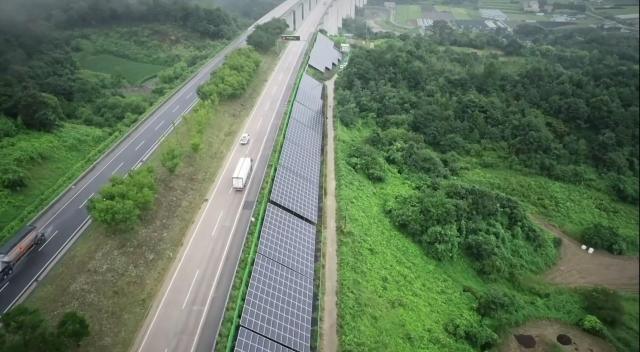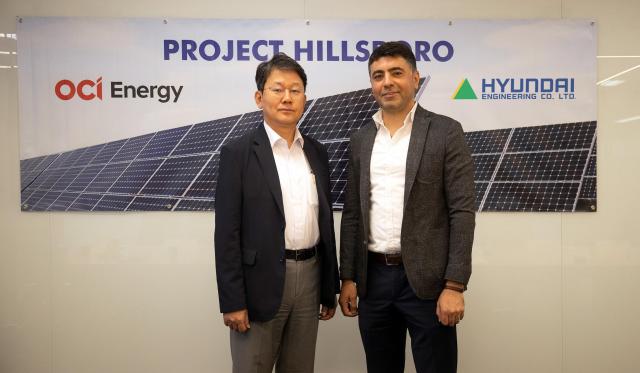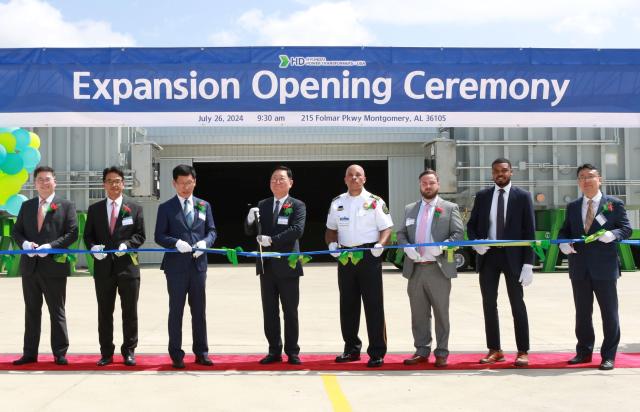
Last Wednesday, the average power demand reached 100.203 GW between 2 and 3 p.m., marking the third-highest power usage in the nation's history, following records set on Aug. 7 (100.571 GW) and Aug. 8 (100.254 GW) last year, when power demand first exceeded 100 GW.
The company reported hourly power consumption hovered around 100 GW throughout the second week of August, traditionally the period of peak summer demand.
The surge is attributed to extreme heat waves resulting from the climate crisis and the proliferation of artificial intelligence technologies.
Solar power's contribution to total demand has significantly increased, accounting for 17.6 percent, or 17.662 GW, of Wednesday's peak. This represents a substantial rise from the previous year, posing new challenges for stable power grid operations.
The rapid growth in renewable energy sources, coupled with the unpredictability of their output, has intensified the need for grid expansion.
Experts argue that an enhanced power network is crucial for effectively distributing excess electricity from production sites to areas of high demand.
The situation is further complicated by projections of explosive growth in electricity demand due to the expansion of AI, data centers, electric vehicles and advanced semiconductor clusters.
These factors collectively underscore the critical need for timely and substantial investments in Korea's power infrastructure.
Copyright ⓒ Aju Press All rights reserved.




View more comments